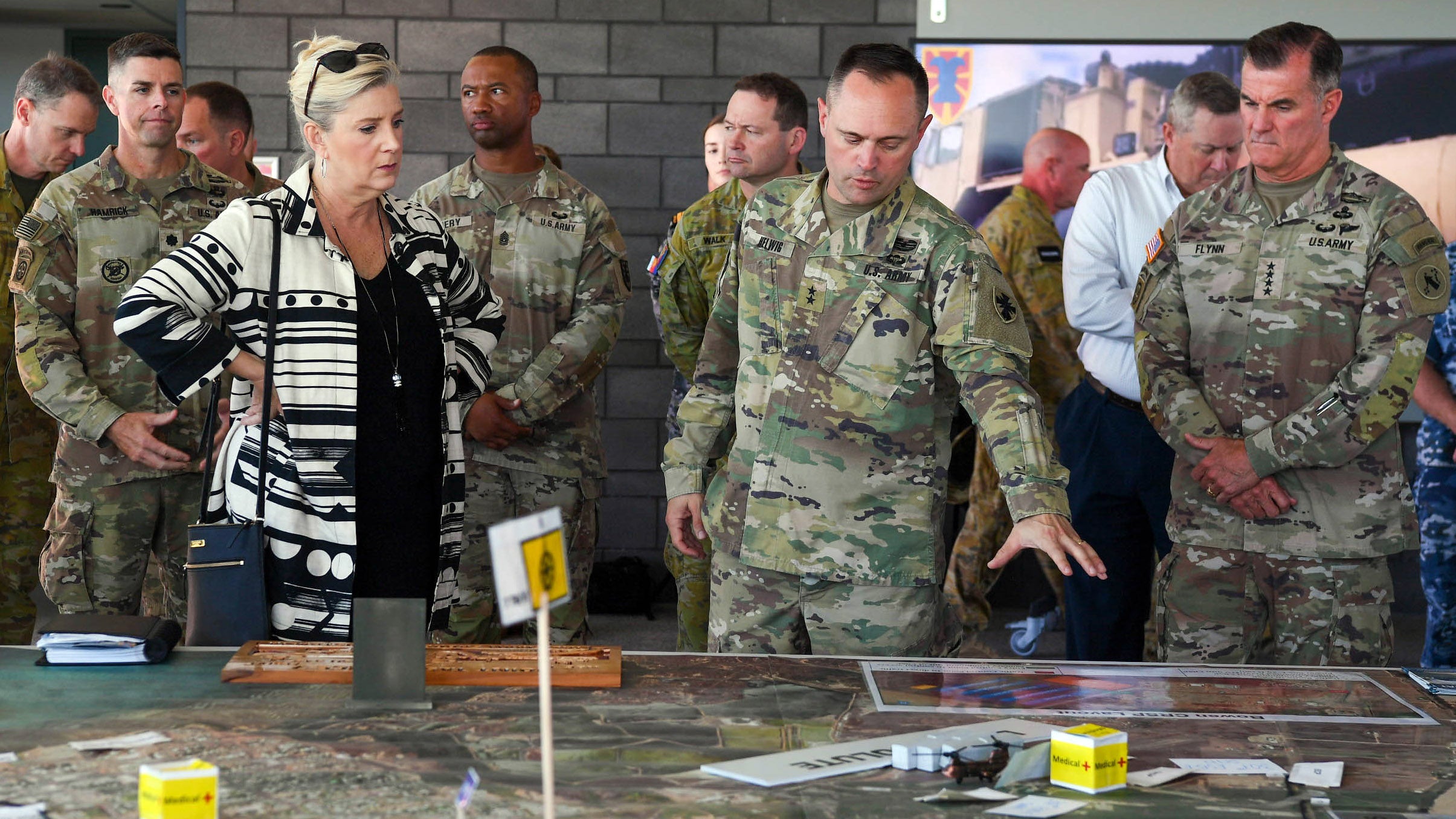Wormuth: Budget Delays Impact Soldiers, Modernization
Wormuth: Budget Delays Impact Soldiers, Modernization

After more than a decade of operating under temporary spending bills, the Army has gotten “used to” the uncertainty, but spending is inefficient and programs are delayed and disrupted, Army Secretary Christine Wormuth said.
“At one level, we’re a little bit used to this, but I think it’s important to not lose sight of the fact that every time we go into a continuing resolution, we’re essentially spending the money we have much less efficiently,” Wormuth said Nov. 14 during a defense summit hosted by Politico.
At a time when the military is facing the threat of China in the Indo-Pacific and supporting the war in Ukraine against Russia in Europe, “it makes no sense to spend taxpayer dollars inefficiently,” Wormuth said.
The Army is working on the fiscal 2025 budget while facing a looming government shutdown and the almost-certain prospect of another continuing resolution. The Army and the rest of DoD and the federal government have been operating under a stopgap measure since fiscal 2024 began Oct. 1. The current measure expires at midnight Nov. 17.
Modernization programs would suffer under a continuing resolution that lasts more than six months, Wormuth said. “We’ve sadly learned to adapt our business practices to manage through these more short-term [continuing resolutions],” Wormuth said. “I think, heaven forbid, if we went to closer to a year continuing resolution, some of our new modernization programs would be significantly disrupted.”
Under a six-month continuing resolution, which keeps funding at the previous year’s levels and prohibits new program starts, approximately $6 billion in programs would be affected, Wormuth said. She added that “eight to 10 new procurement starts” would be delayed or disrupted with a temporary spending bill.
Additionally, without full funding, production rates will need to be decreased for a half-dozen programs, she said. “We are budgeted to spend over $2 billion on the Army’s organic industrial base this year, and some of that money would be disrupted, we would see some slowdowns,” she said.
Citing another funding problem “that is of personal concern to me,” she said, “we have about 22 different [military construction] projects, including family housing, that will be delayed” under a continuing resolution, as well as aging and dilapidated barracks.
While troops would be able to continue working in the event of a shutdown, she said, Army civilians who provide services and installations around the country and overseas “won’t be coming to work.”

